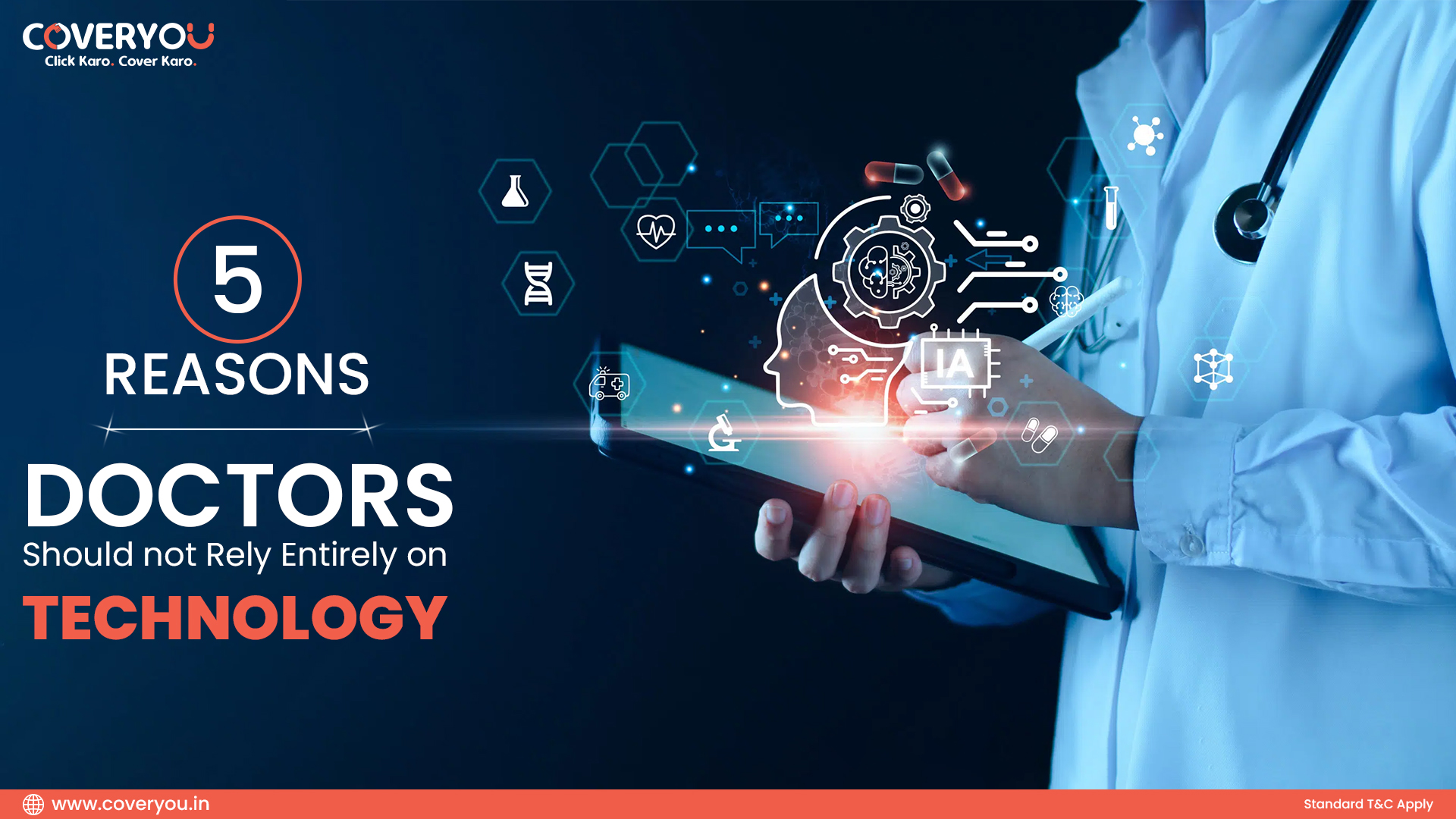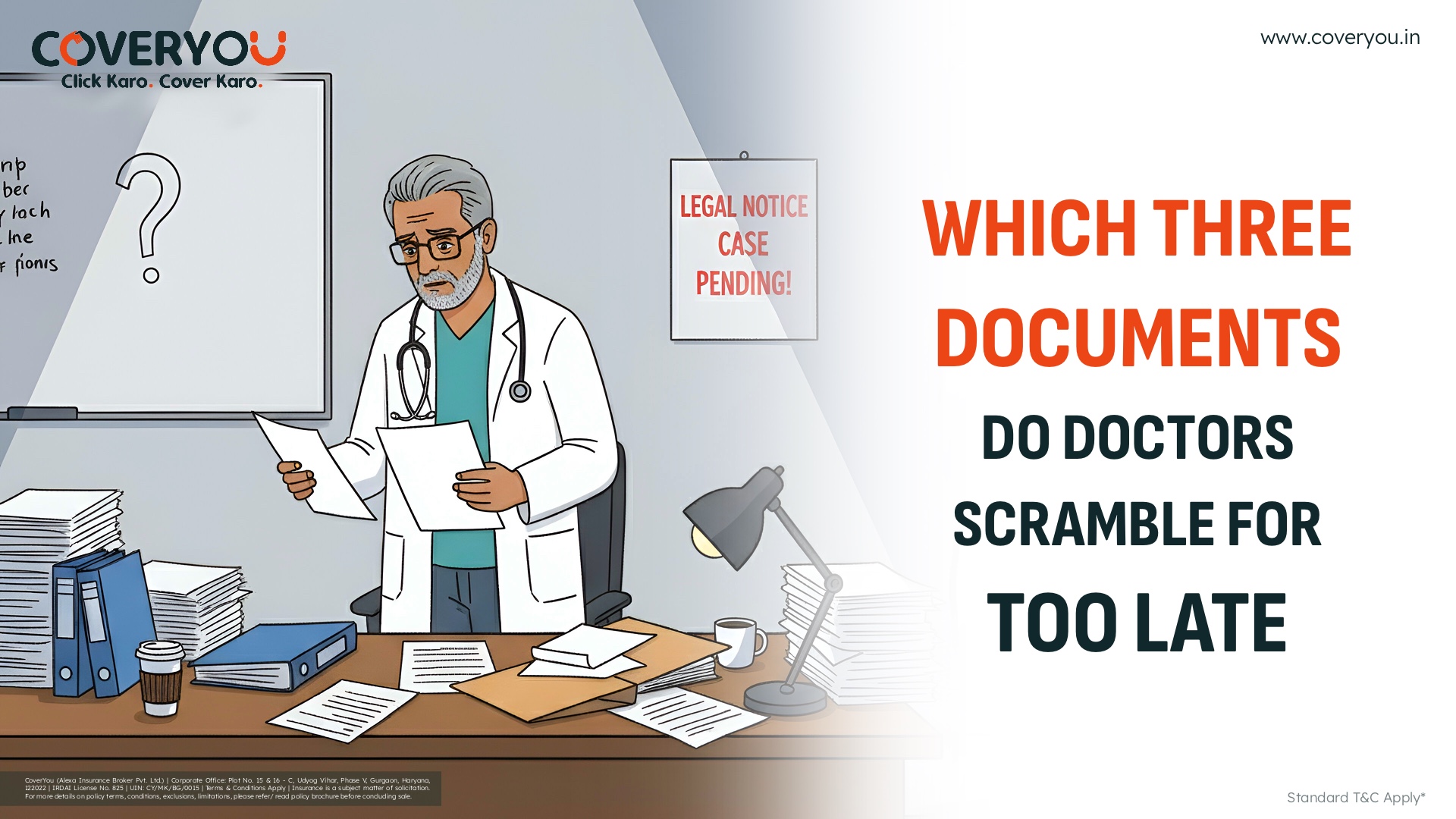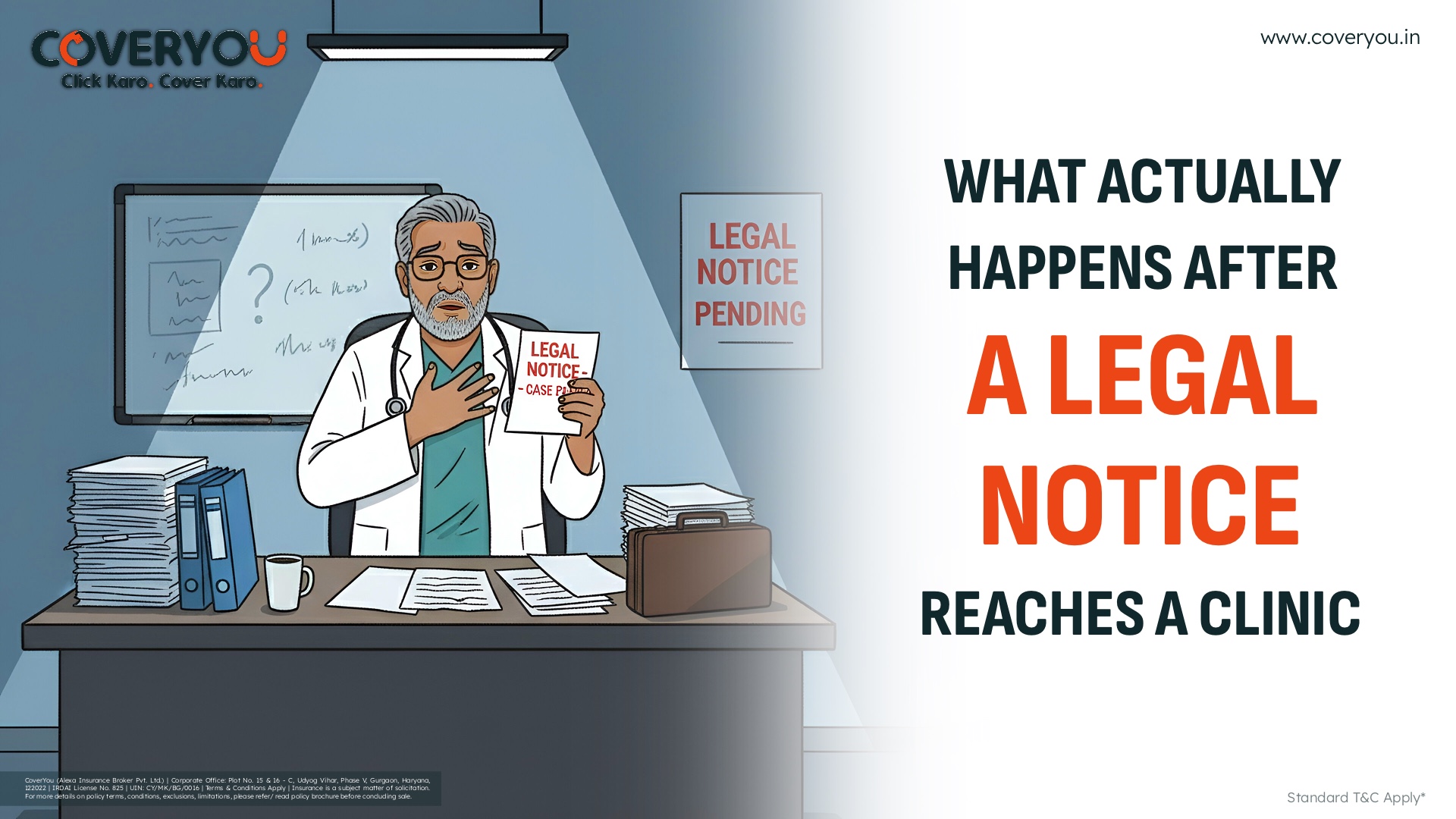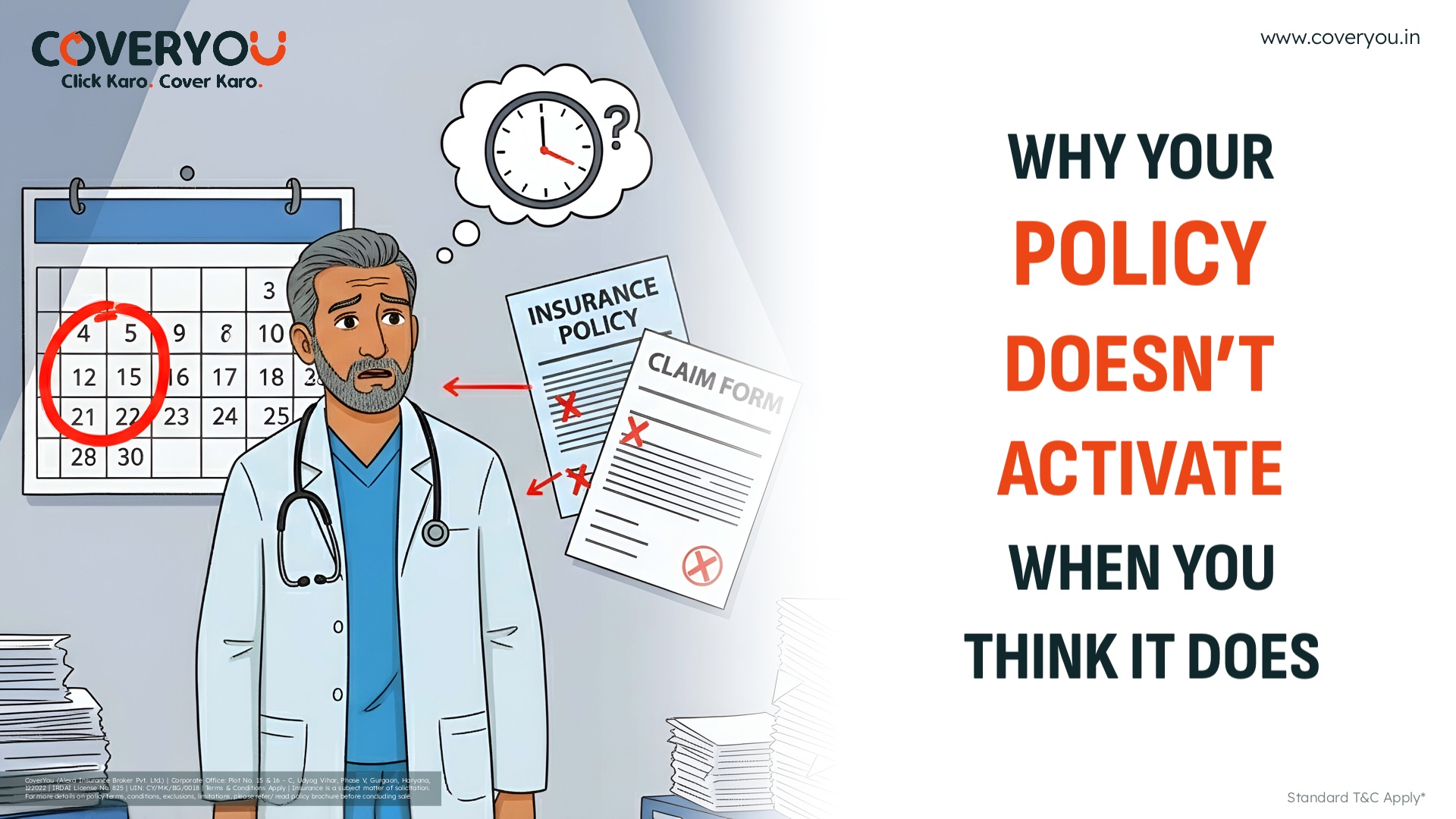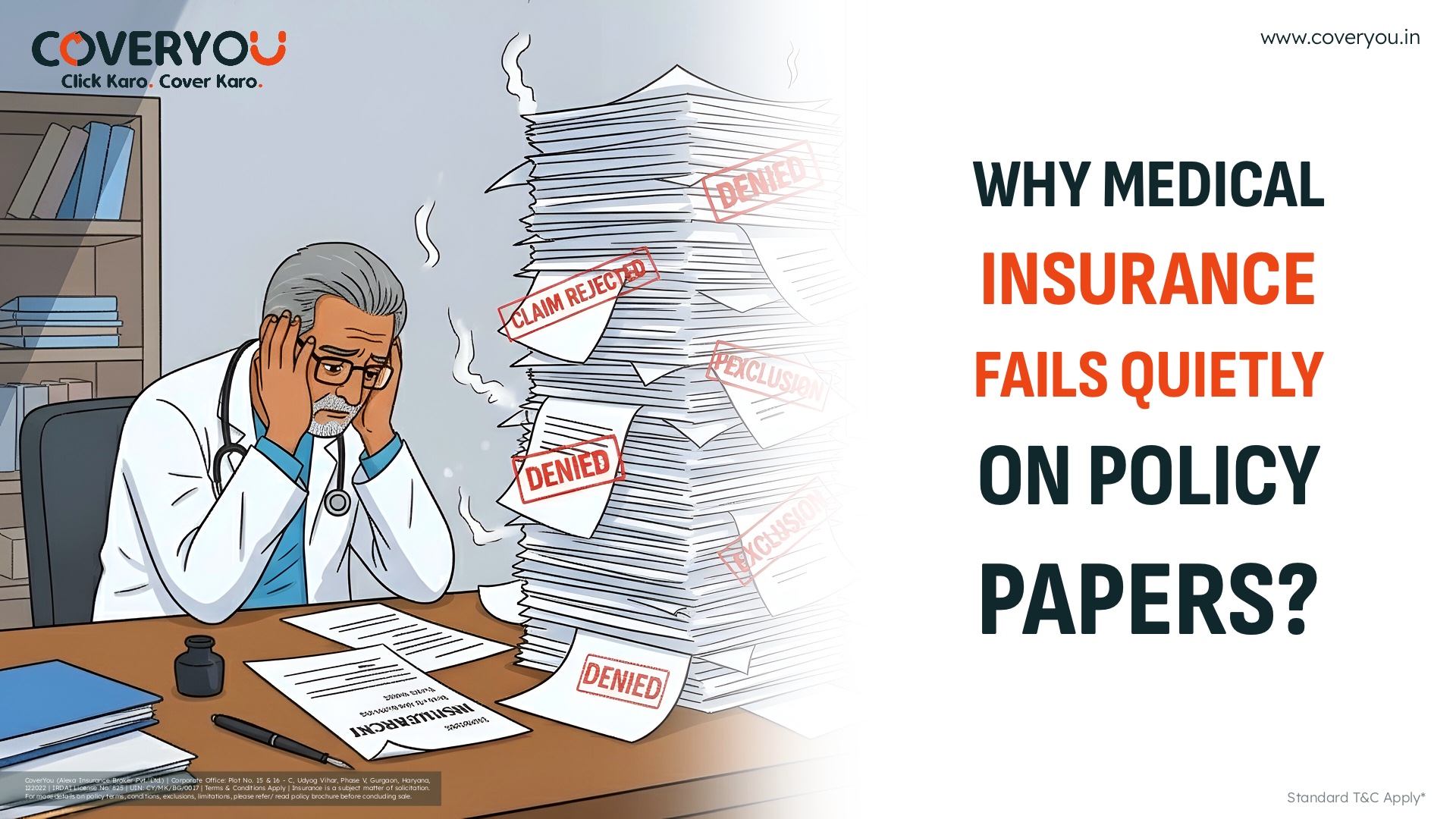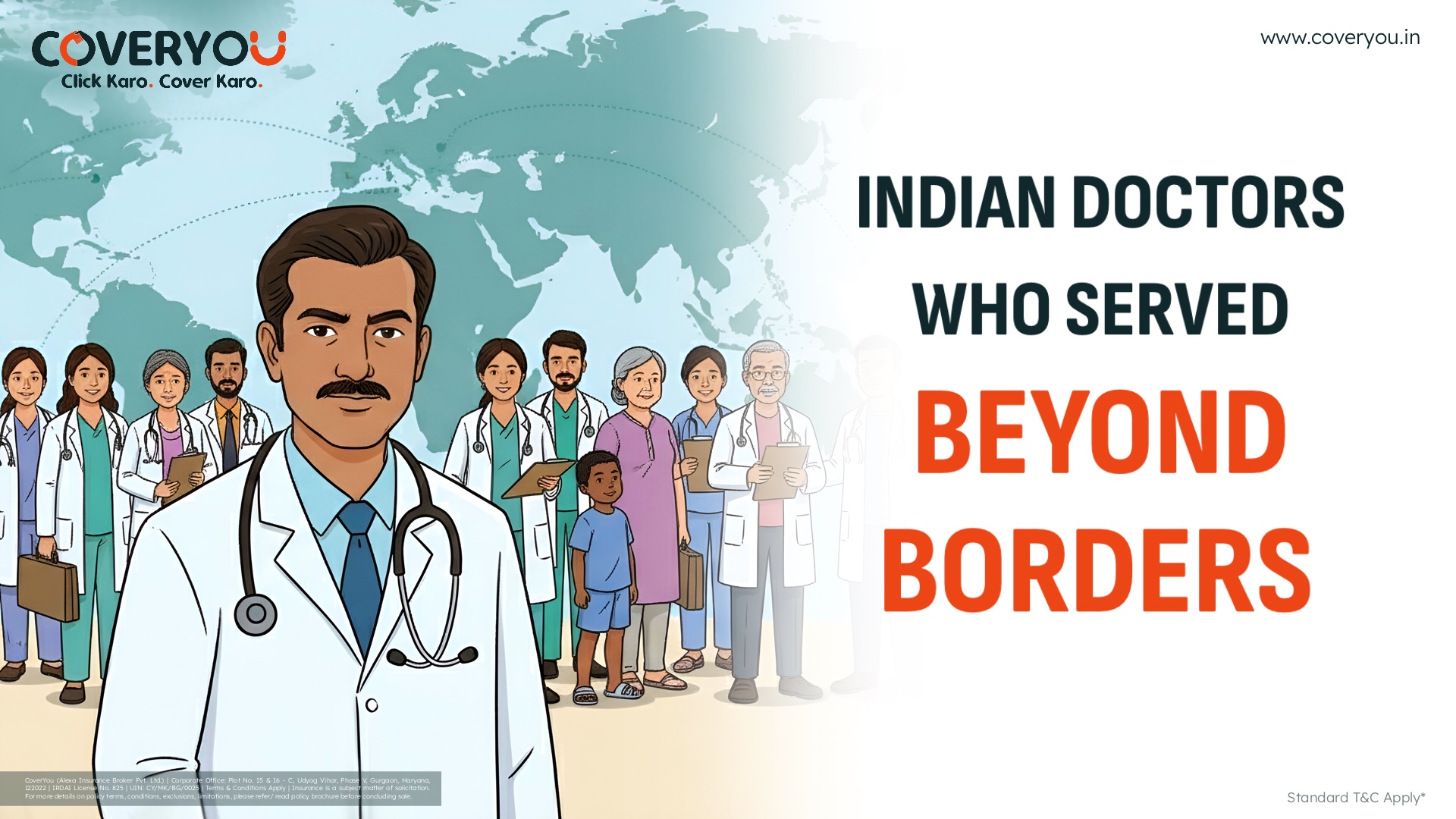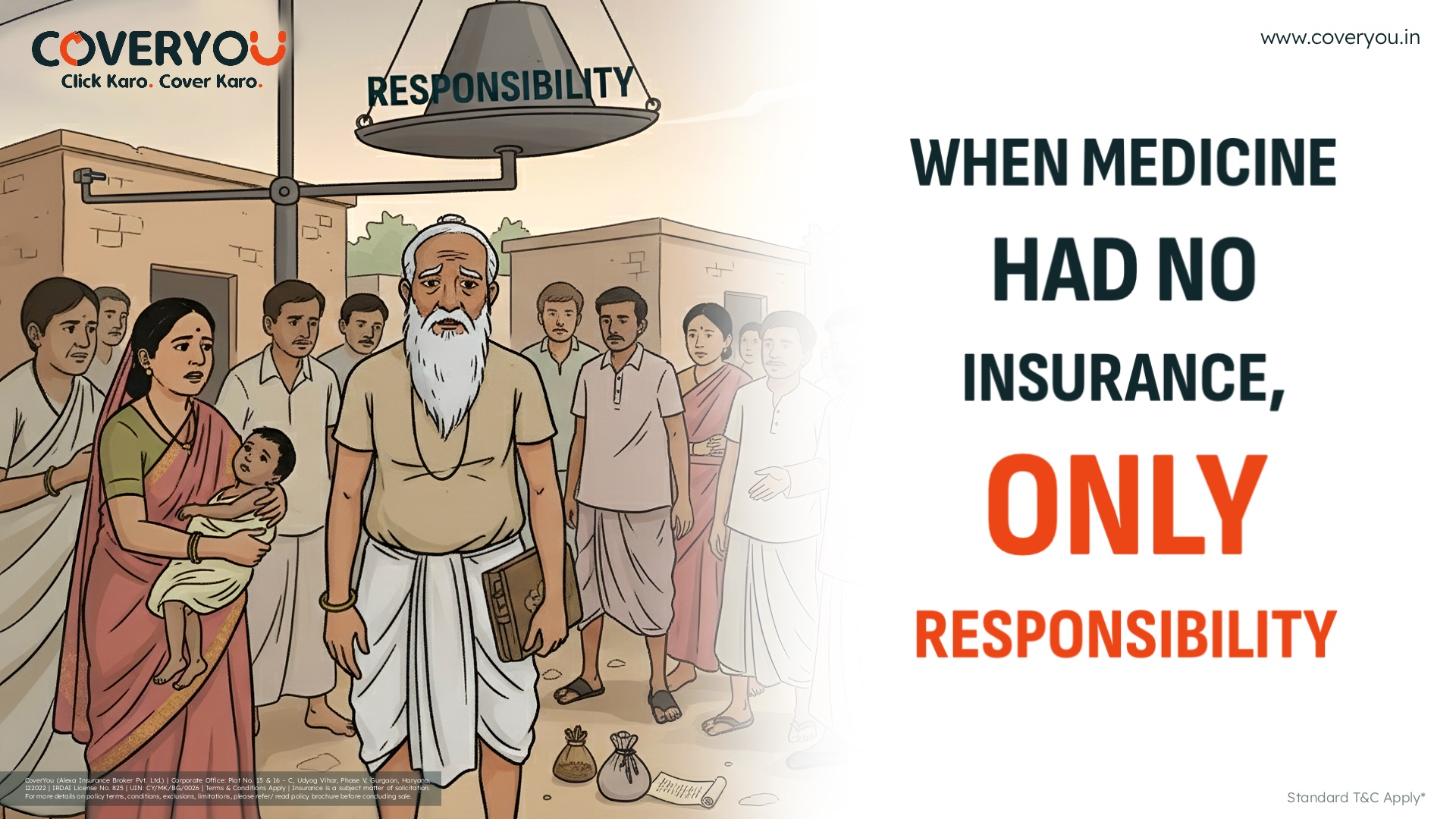The medical field is rapidly evolving, with technology playing a crucial role in diagnosing, treating, and managing patient care. However, doctors must not solely rely on technology for their care.
Here are five critical reasons why:
1. Human Judgement Still Matters
Technology can analyze data but cannot replace a skilled doctor’s nuanced judgment. Doctors rely on clinical experience, intuition, and patient interactions for informed decisions. Technology cannot replicate interpreting patient symptoms, understanding history, and considering non-quantifiable factors, allowing for holistic diagnoses in complex cases.
2. Risk of Overdependence on Algorithms
Artificial intelligence (AI) is being increasingly used in diagnostics to detect conditions like cancer and heart disease with high accuracy. However, the accuracy of these algorithms depends on the quality of the trained data, and over-reliance on AI can lead to missed diagnoses or inappropriate treatments.
3. Technological Failures Can Occur
Technology can malfunction, leading to cyberattacks, software bugs, and delays in diagnoses. These issues can compromise patient safety and lead to life-threatening situations. Doctors must be prepared to handle situations without relying solely on technology, as contingency plans are often in place.
4. Loss of Personal Touch
The doctor-patient relationship is crucial in healthcare, and while technology can aid in diagnostics, it cannot replace the emotional intelligence and personal interaction that doctors provide. Over-reliance on technology could erode this critical aspect of care, as patients value the personal interaction and reassuring hand on the shoulder.
5. Technological Disparities
In developing countries or rural areas, access to advanced medical technology may be limited, creating a divide between well-resourced and less resourced healthcare professionals. Balancing tech with traditional practices can ensure doctors provide the best possible care, regardless of technological access.
Conclusion:
While technology offers numerous benefits in modern medicine, over-reliance on it can inadvertently lead to medical negligence. Doctors must strike a balance between utilizing advanced tools and relying on their own expertise and judgment. An overdependence on tech can result in missed diagnoses, errors in interpretation, or failure to consider the patient’s full clinical context. Ultimately, ensuring patient safety requires a combination of technological integration and critical thinking. By maintaining this balance, doctors can avoid costly mistakes and reduce the risk of medical negligence.
